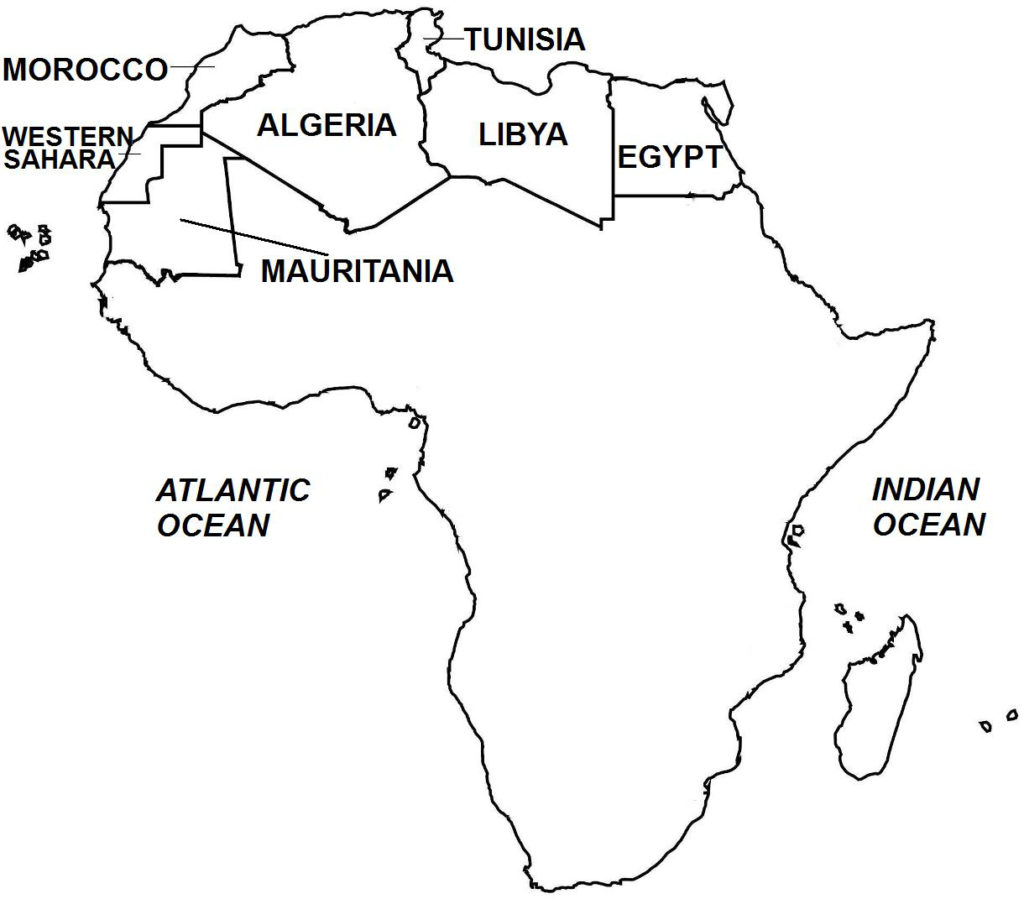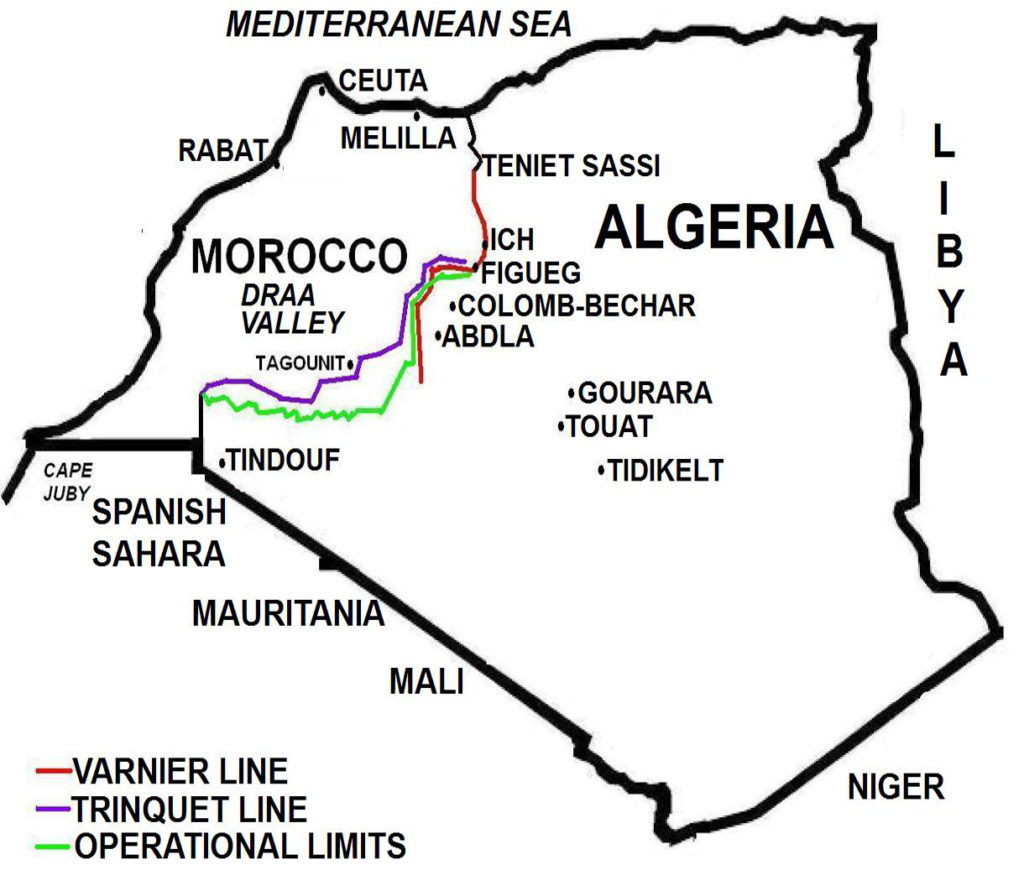On February 20, 1964, the Organization of African Union (OAU) mediated a ceasefire between Algeria and Morocco, ending fighting in the Sand War. A demilitarized zone (DMZ) was established to separate the opposing forces, which withdrew to pre-war positions. A peacekeeping force from Ethiopia and Mali was deployed at the DMZ to enforce the ceasefire.

(Taken from Sand War – Wars of the 20th Century – Volume 4)
As early as July 1962 when Algeria had just gained its independence, Moroccan forces infiltrated into Algerian Colomb-Bechar, declaring it as part of Moroccan territory before withdrawing back to Morocco. Then by the second half of 1963, the Moroccan government began carrying out propaganda attacks against Algeria, accusing it of committing acts of aggression, airspace and territorial violations, and expelling Moroccan nationals. Algeria responded with a propaganda blitz of its own directed against King Hassan II, accusing the monarch of inciting war, repressing his own people, and denying Algerians their hard-won freedom.

In early October 1963, Moroccan auxiliary troops crossed the “border” from Tagounit and seized Hassi-Beida and Tinjoub, two towns that formed part of the disputed Sahara region and was situated strategically along the road between Colomb-Bechar and Tindouf. On October 8, an Algerian counter-attack recaptured the two towns. Six days later, October 14, Moroccan forces, this time from the regular army, attacked again, expelling the Algerian troops and wresting back control of the towns. The Algerians responded by capturing Ich, a small Moroccan border town which had little strategic value but was purposed by the Algerians to be used as a bargaining point in post-war negotiations. Fighting also broke out in other places, notably in Tindouf and Figuig. Combat action was characterized with the Moroccan Army deployed in regular military formations and using conventional methods and combat equipment, including heavy weapons, while Algerian forces were organized into small guerilla units (carried over from the independence war) using asymmetric, hit-and-run warfare with mostly light weapons. The well-armed and better trained Moroccans gained the upper hand in combat but Egypt’s military assistance to Algeria allowed the war to settle into a stalemate by early November 1963.
The Algerian government appealed to the Organization of African Union (OAU) for mediation, particularly invoking the 1964 OAU guideline which stipulated that member countries must respect colonial-era borders (which was intended to prevent conflicts between modern-day states). In turn, Morocco appealed to the United Nations (UN), invoking UN General Assembly Resolution 1514 which, among other things, states that the process of decolonization must not infringe on an existing state’s territorial integrity, which in the case of historical lands claimed by Morocco, were violated during the French colonial period.
Morocco had achieved a strategic victory but acquiesced under strong international pressure and withdrew from its captured territories. Under OAU mediation and with peacekeepers from Ethiopia and Mali deployed along the “border”, a ceasefire was implemented and a demilitarized zone established after the belligerents withdrew to pre-war positions. In February 1964, a formal ceasefire came into effect.
Aftermath The two sides re-established diplomatic relations following an Arab League-sponsored summit held in Cairo, Egypt in January 1964. In border talks that took place also in 1964, both sides agreed that the disputed areas would remain with Algeria (in effect, affirming Algeria’s succession to the colonial-era borders) in exchange for Morocco and Algeria sharing the wealth of a jointly established iron-ore industry in the Tindouf region. In 1969, a treaty of solidarity and cooperation signed at Ifane led to improved relations, which in turn led to an agreement signed in Tlemcen, Algeria in 1970 that was aimed at establishing a definitive border. In 1972, the Algeria-Morocco border agreement was released, but which was ratified by Morocco only in May 1989.
In 1976, tensions flared again (that almost led to war) between the two countries over Western Sahara, a recently decolonized Spanish possession located south of Morocco and west of Algeria (see Western Sahara War, separate article).
